In COVID-19 crisis, patients are left waiting as hospitals put major surgeries on hold
Zach Branson was born with a rare liver disease. Doctors recently told Branson, a 33-year-old living in Whitewater, Colorado, that he wouldn’t survive much longer without a liver transplant. In a stroke of good luck, his uncle volunteered to be a living donor.
“Everything was finalized,” Branson said. “His liver was a great matchup for me.”
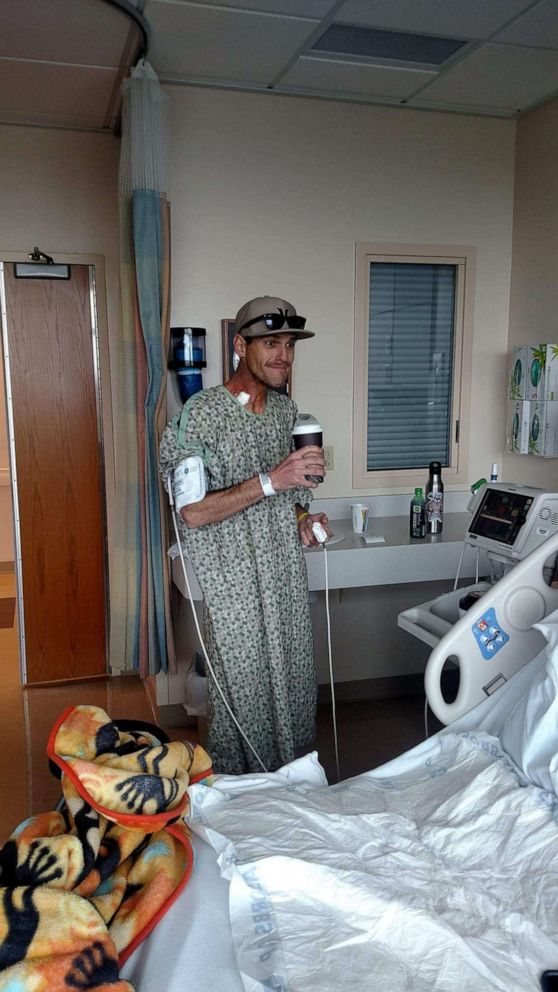
But in March, as the COVID-19 pandemic swept the country, Branson’s doctors postponed the transplant.
“I should essentially be in transplant surgery right now, but I'm currently not because of the pandemic that's going on,” Branson told ABC News on March 25.
Doctors across the country are making the difficult decision to postpone some major surgeries for several important reasons, according to Dr. Marc Boom, CEO of Houston Methodist Hospital.
“We want to free up beds for the potential surge of patients with [COVID-19],” Boom explained, saying hospitals also aim to “conserve our personal protective equipment,” like surgical masks and gloves. Boom said another important goal is to “decrease the traffic flow, honestly, of people coming in and out of the institution.”
Branson just received good news about his transplant: surgeons are rescheduling his surgery in order to get it done now before there is a peak of COVID-19 patients. Branson admits he is "a bit nervous" about the added risk of becoming infected with the virus, but said he was "quite resilient."
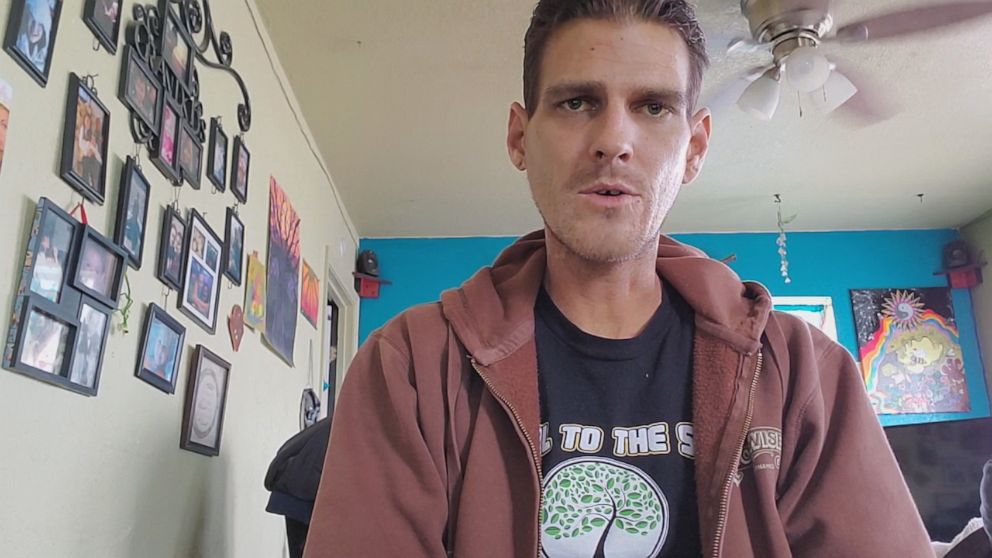
Medical professionals say they may have their patients’ health in mind when making the decision to postpone major procedures – but for patients like Larry Motto from New Jersey, whose kidney transplant was just placed on hold, it’s disappointing all the same.
“It was not a happy time because we have not had the easiest time in the past four years finding a match,” Motto said.
“It's hard when you've been waiting and you were so close. It was like there was the light at the end of the tunnel...and everything was taken away from us,” said Motto’s wife, Rebecca.
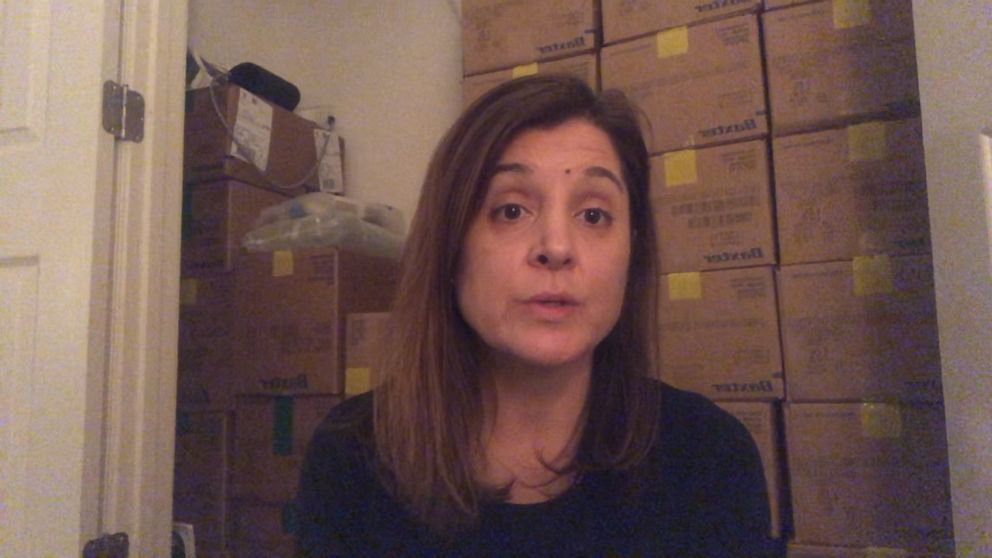
She added, "It was quite heartbreaking when we found out that it was cancelled but at the same time understandable with everything that was going on with the coronavirus."
Sherrie Kumm, a 33-year-old teacher’s assistant in Washington state, suffers from severe seizure disorder. When her doctors decided to postpone Kumm’s brain surgery, people in her community rallied to support her.
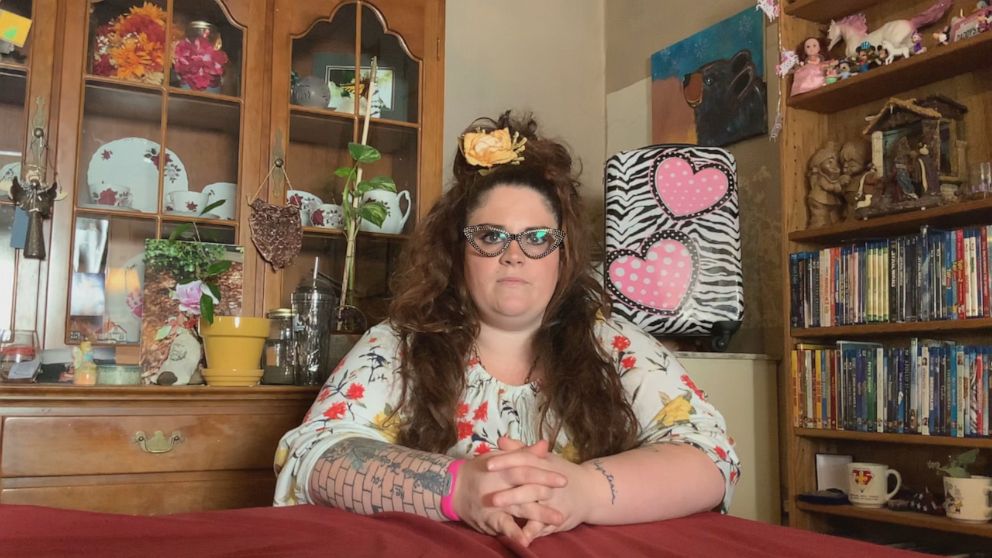
“My students had given me little cards, saying ‘I hope your surgery goes well,” Kumm said. “We love you and we’ll miss you.’”
For patients like Kumm, sometimes the waiting is the hardest part. “[My] whole family is now waiting. It’s like we're at the airport, you know, flying, standby.”
Cancer patients are another vulnerable population struggling for treatment during the pandemic. Alyson Vitticore, a Brooklyn native who temporarily moved to Buffalo, New York, is battling stage IV breast cancer. She just decided to reschedule surgery originally planned for April to remove her ovaries.
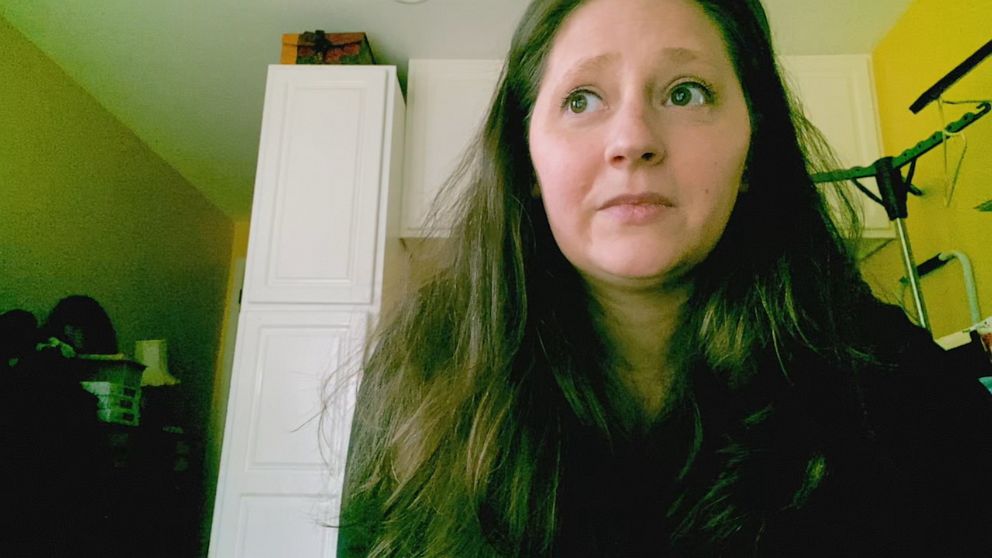
“We're being forced to make a lot of choices that we don’t know [are] right or wrong,” Kumm said.
Even for patients who are in good health, like expectant mother Jennifer Schleyer from Pennsylvania, the risks of contracting COVID-19 has amplified their anxieties and changed their routines. Schleyer and her husband, Blake, welcomed their new son Jackson shortly after their interview.
“Probably the scariest thing in all of this is just how small and fragile Jackson will be,” Schleyer said.
Due to new rules stemming from the pandemic, Schleyer’s 2-year-old son Brody wasn't allowed to visit his newborn sibling in the hospital.
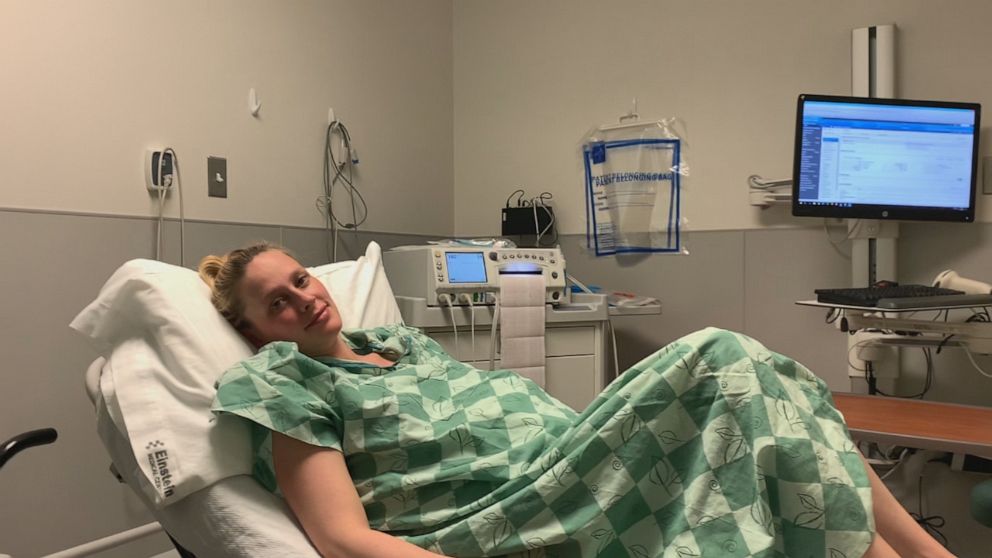
“It’s such a big moment and I just want to share it with my whole family so it’s hard,” Schleyer said.
A longer wait for critical medical procedures may be a hard pill to swallow, but it’s an important step in protecting all patients as the country grapples with the pandemic, according to Boom.
“This is a community-wide effort to make sure that we have a controllable rate of increase in the [COVID-19] infection so that that capacity is always there for everybody, and we can manage this together,” Boom said. “It really is a team effort across our entire community.”



